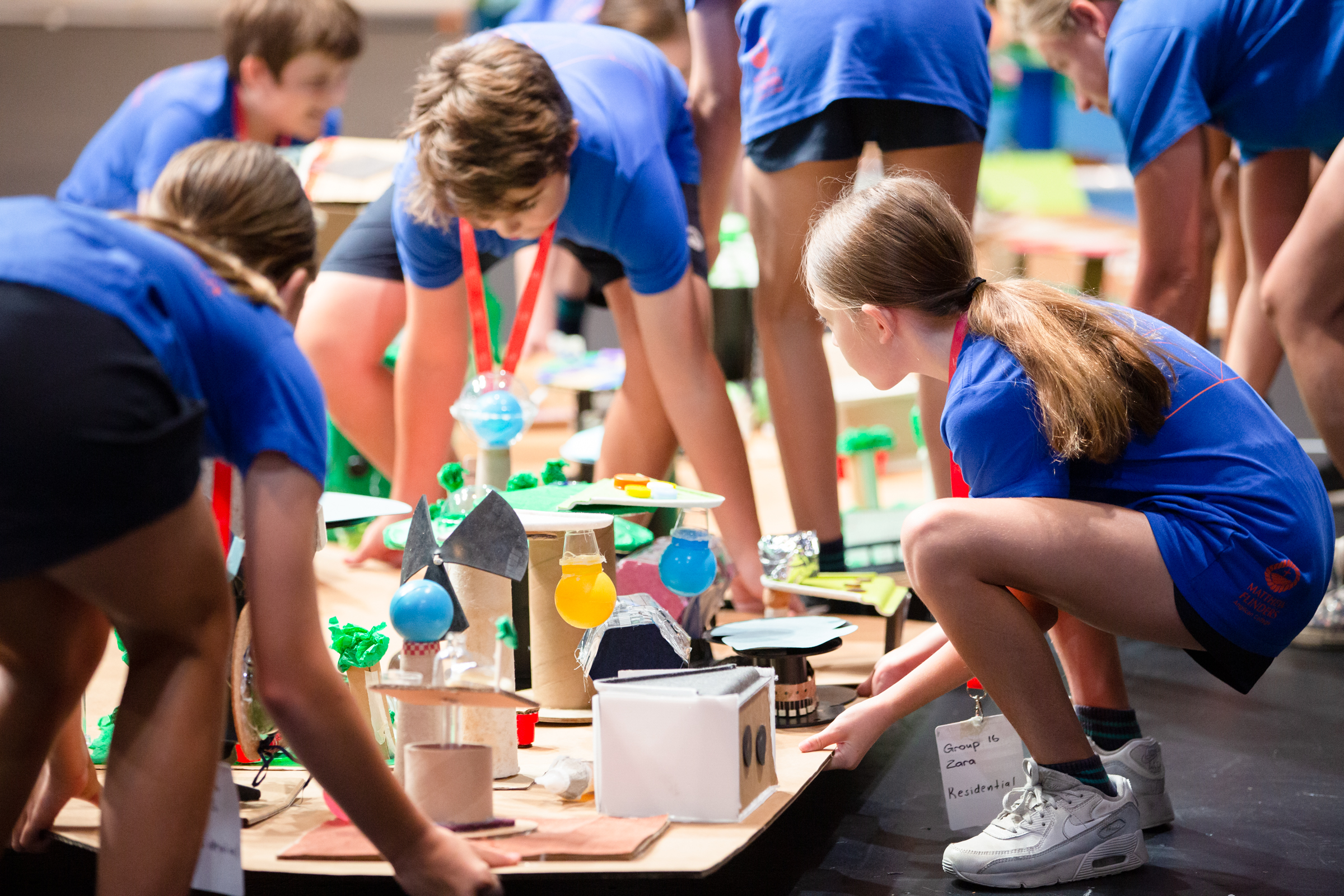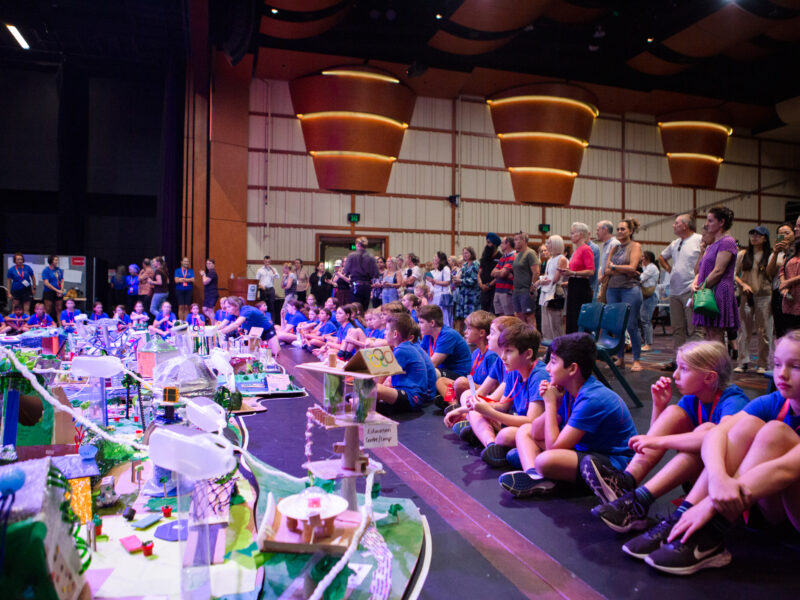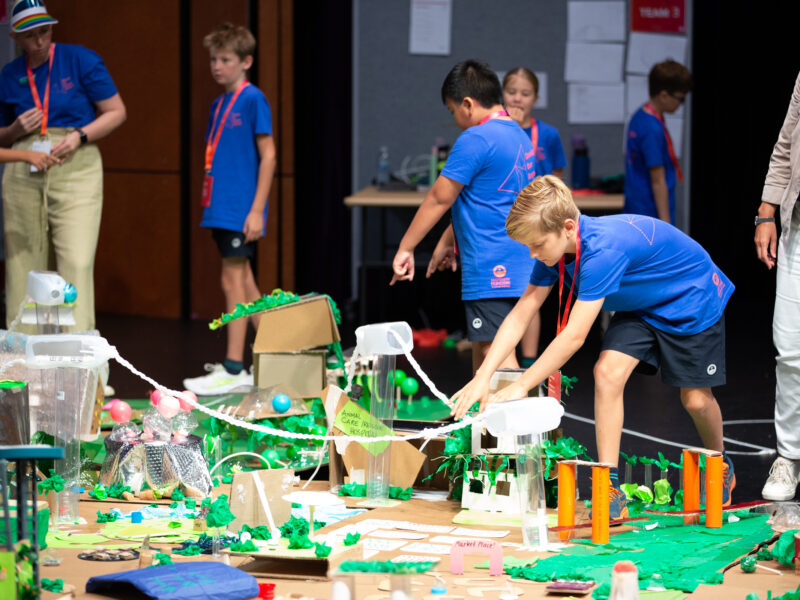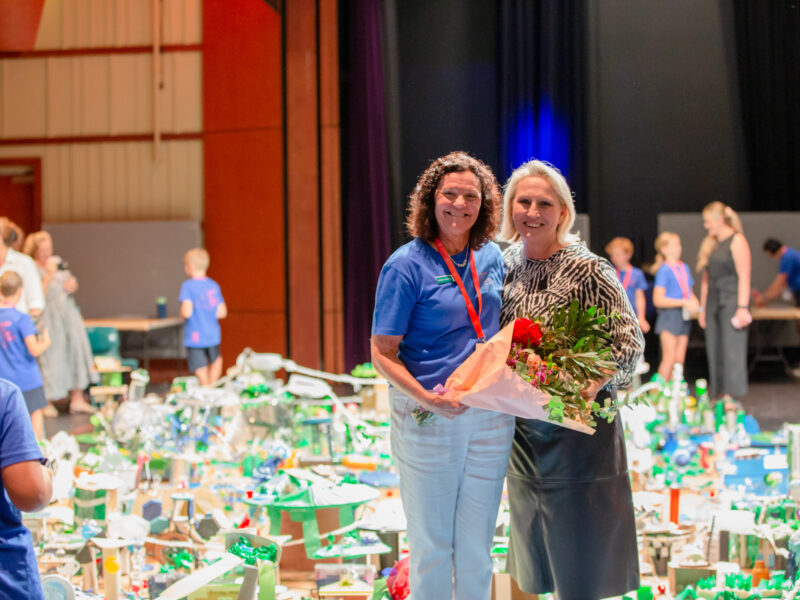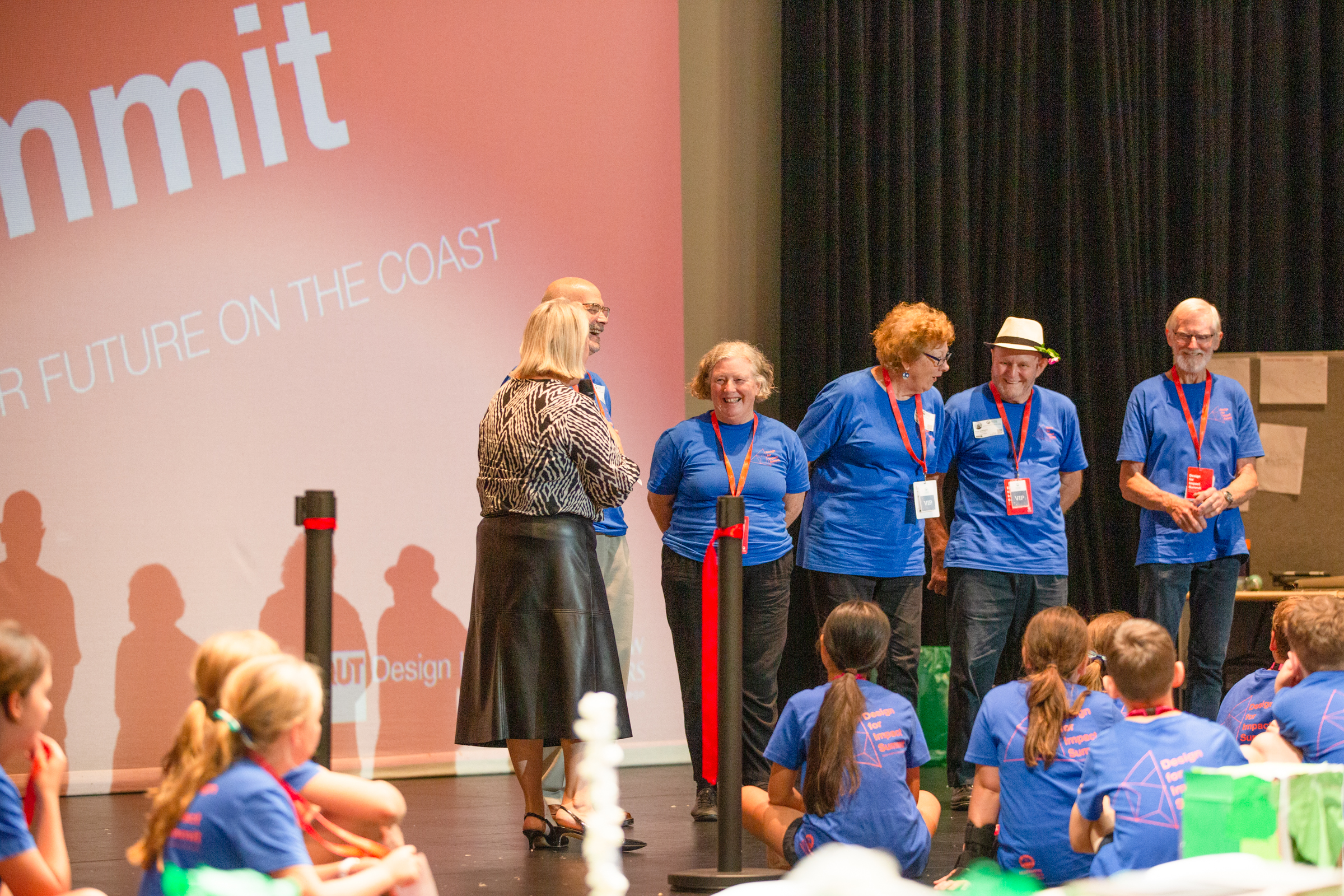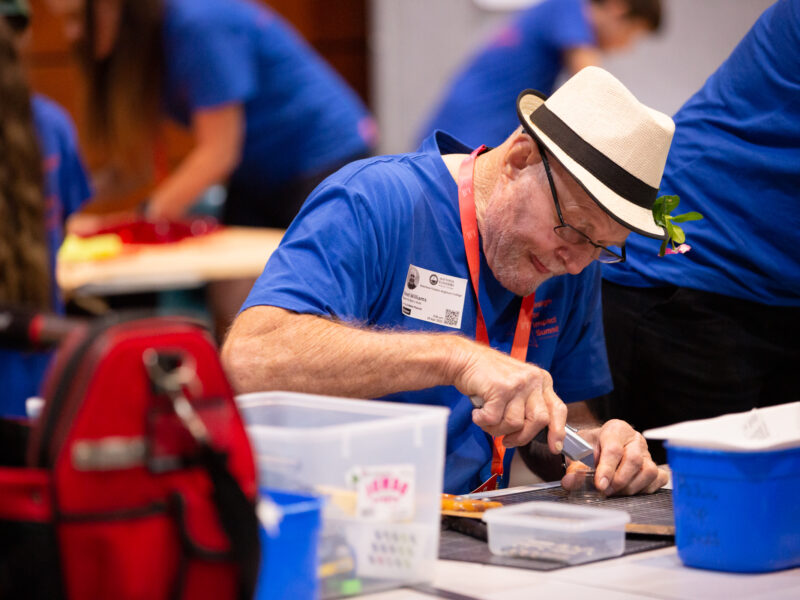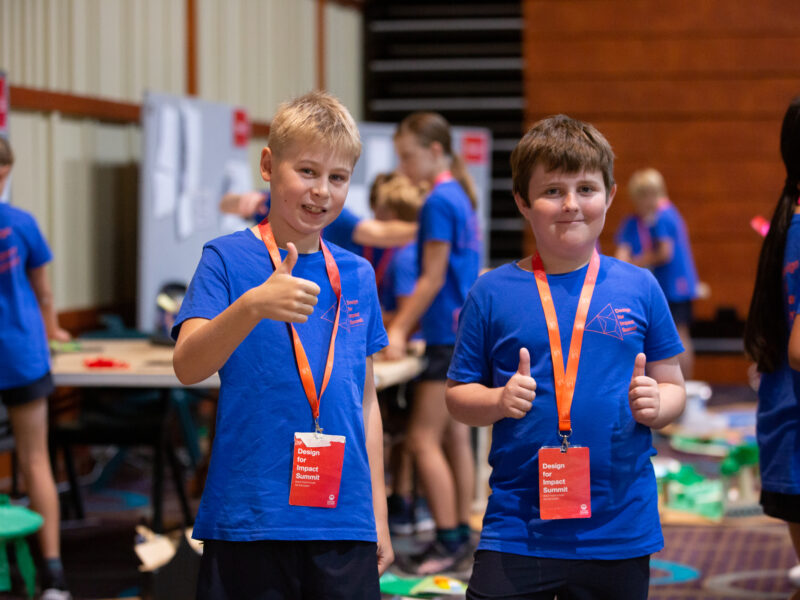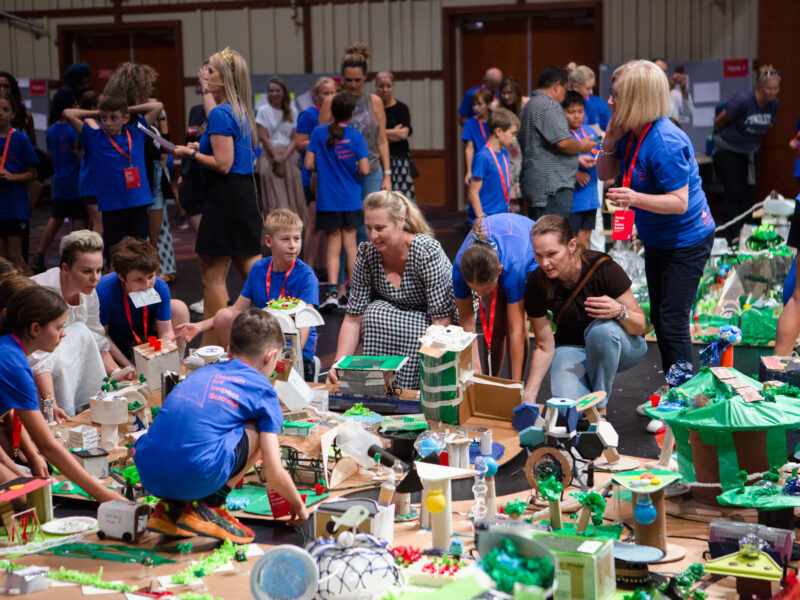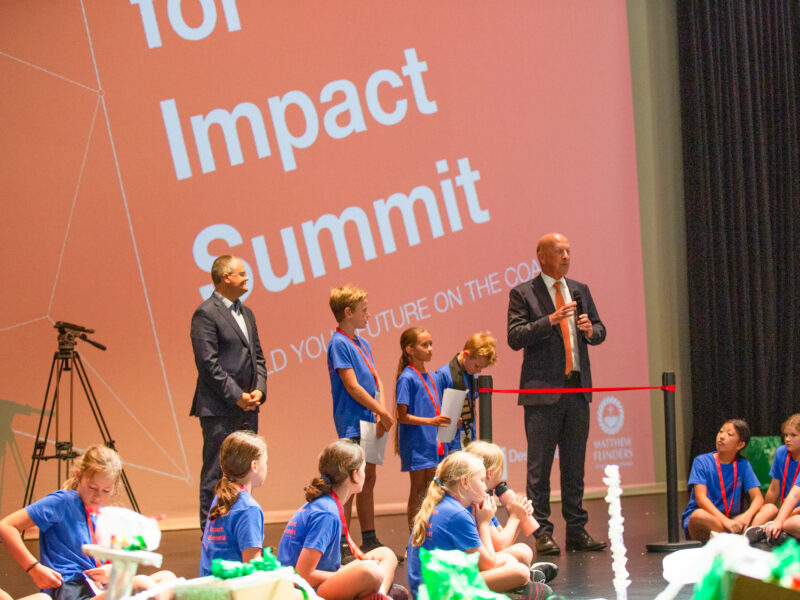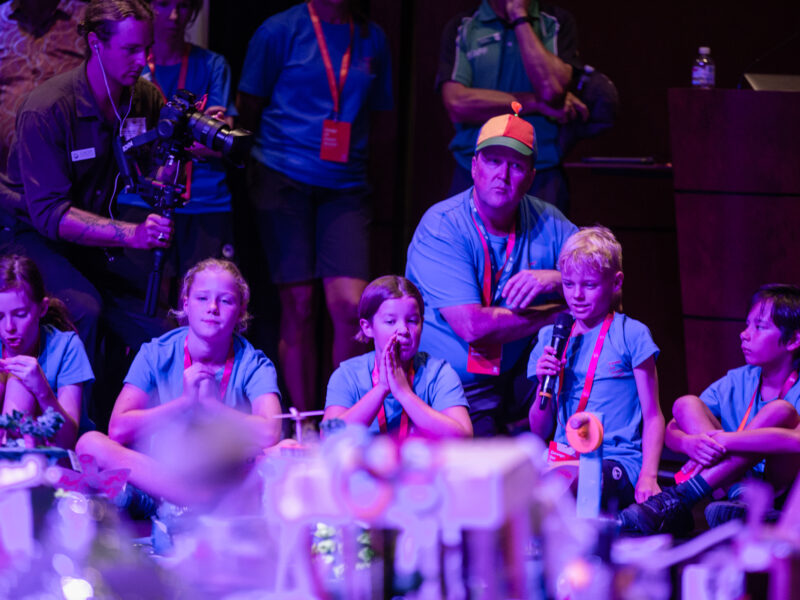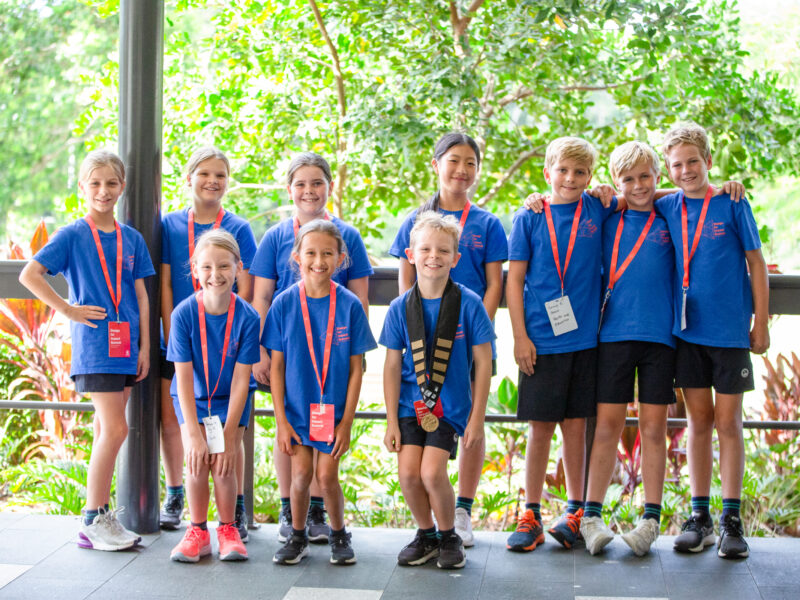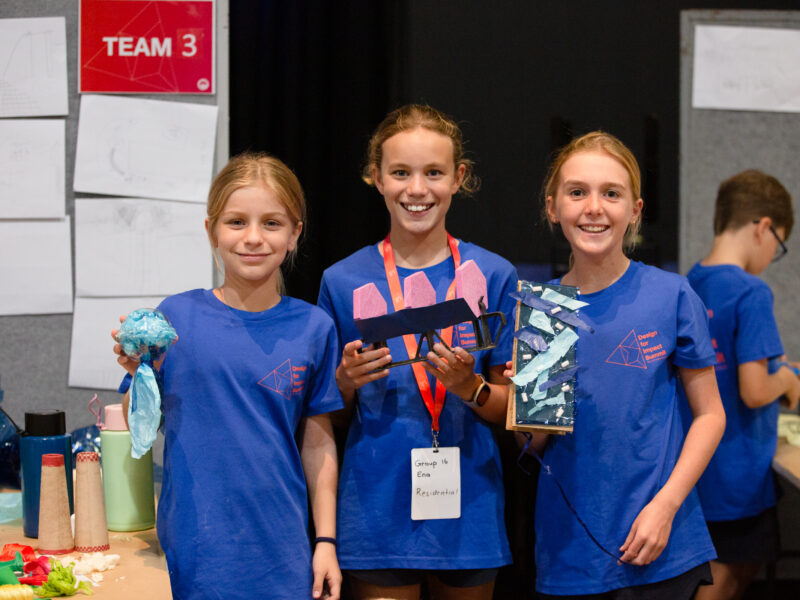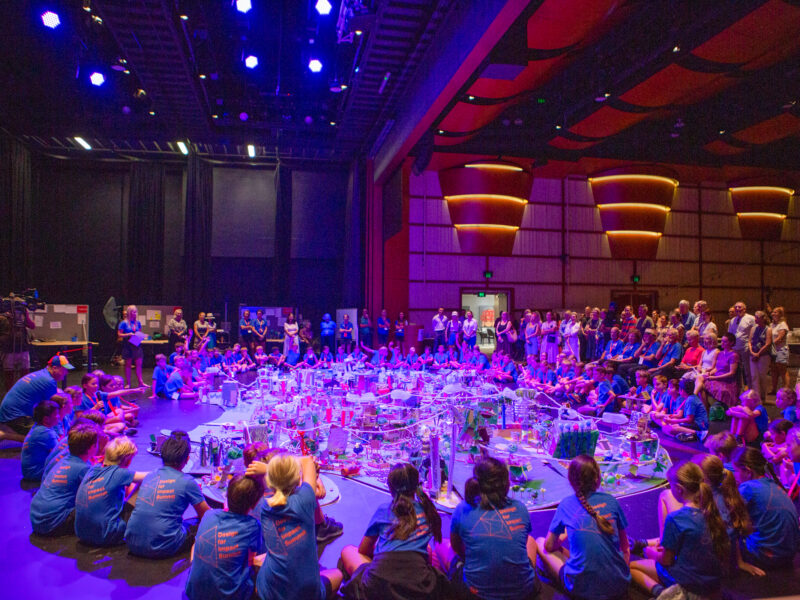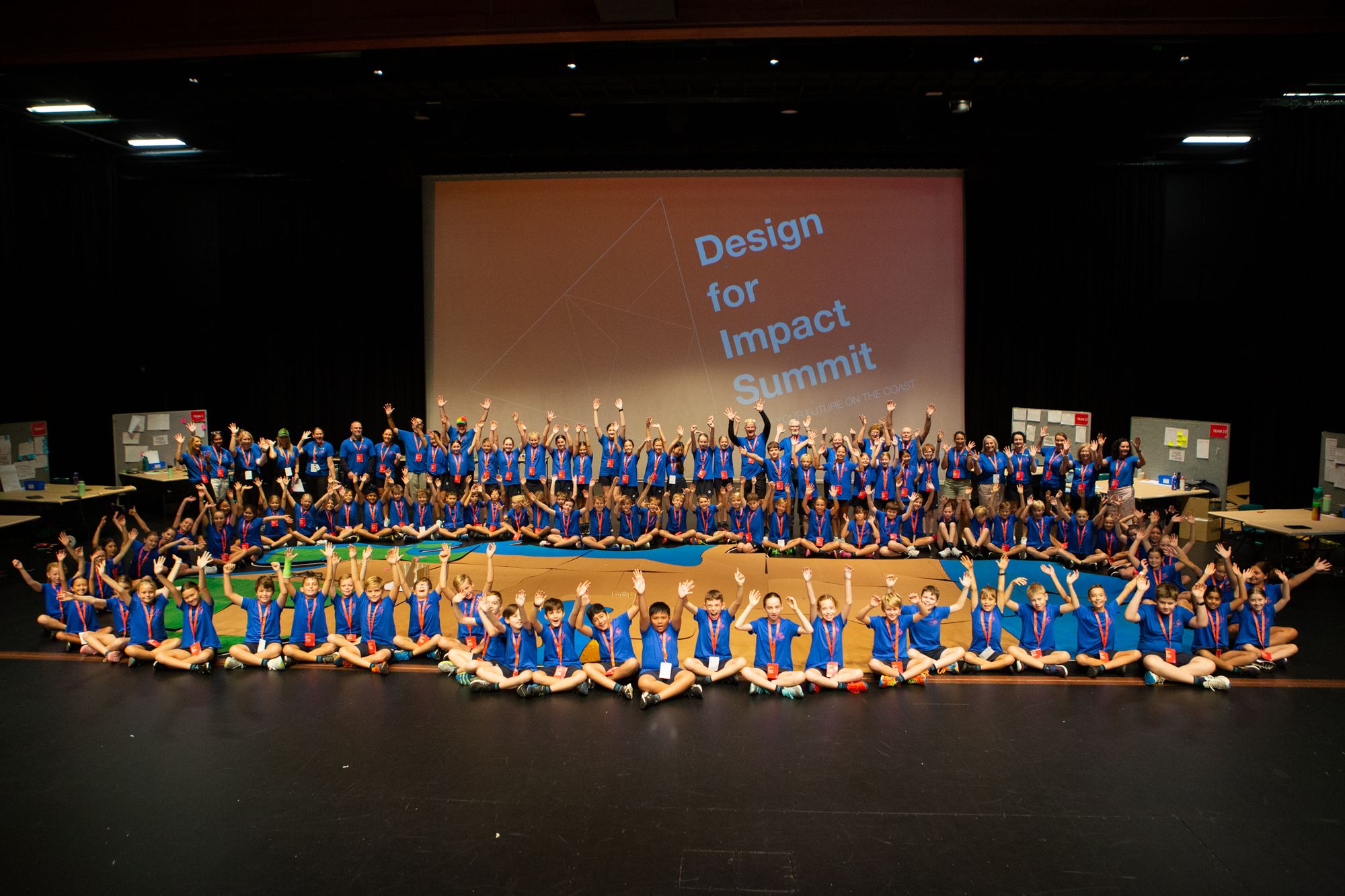For the fourth year running, more than 100 students in Year 5 at Matthew Flinders Anglican College were challenged through a design thinking immersion experience at the 2023 Design for Impact Summit from Tuesday, 18 April to Thursday, 20 April, 2023.
Students were asked:
- What’s your vision for 2050?
- What sort of city do you want to live in as leaders of the future?
- And how does the ‘15-minute city’ urban planning concept inspire you to create a more sustainable, healthy and inclusive community?
The students’ task throughout the three-day high-energy event was to follow the design thinking cycle (Define - Empathise - Ideate - Prototype - Test) to create an entire future community, known as The Hive, for 2050.
Working in groups, the students were responsible for one of 20 scaled map pieces of the Kawana Precinct on the Sunshine Coast, and tasked with designing in 3-D on the map piece the future environments they want to live in.
Students were challenged to consider how the Sunshine Coast region has been recognised by UNESCO as an international site of excellence, known as a biosphere, and take into account responsible design, for example, using the ‘15-minute city’ urban planning concept.
Over the three days, students were also mentored and guided by experts in town planning, architecture, future thinking, regenerative futures and sustainability, with representatives from council, university and private practice.
Without warning and at various times during the Summit, the students’ work was creatively hijacked by consultants and educators who visited to disrupt their ideas and thinking, forcing the students to pivot and reconsider their designs. Such experiences helped students develop their agility, resilience and ability to re-ideate and prototype.
Flinders a Leading School in Design Thinking
Flinders’ Head of Primary, Mrs Trudi Edwards said the College was thrilled to be delivering the fourth Summit and committed to being a leader in teaching human-centred design thinking.
“At Flinders Primary School, we aim to give our students diverse, rich, real-world opportunities to experience first-hand the energy, excitement and possibility of design thinking,” Trudi said.
“The Design for Impact Summit is an exciting opportunity for our students to empathise with those who will live in our city in 2025 and to connect with community leaders and experts in design, on a real-world project,” she said.
“Through the process, they develop essential design, and social and emotional skills along with entrepreneurial dispositions, so they are ready to face any challenge the world may throw their way - now and in the future.
“These skills are critical to preparing citizens of the future who are engaged and empowered, with the capacity to make a positive difference.
“It was incredibly rewarding to observe our students in action during the Summit - invigorated, inspired and involved!”
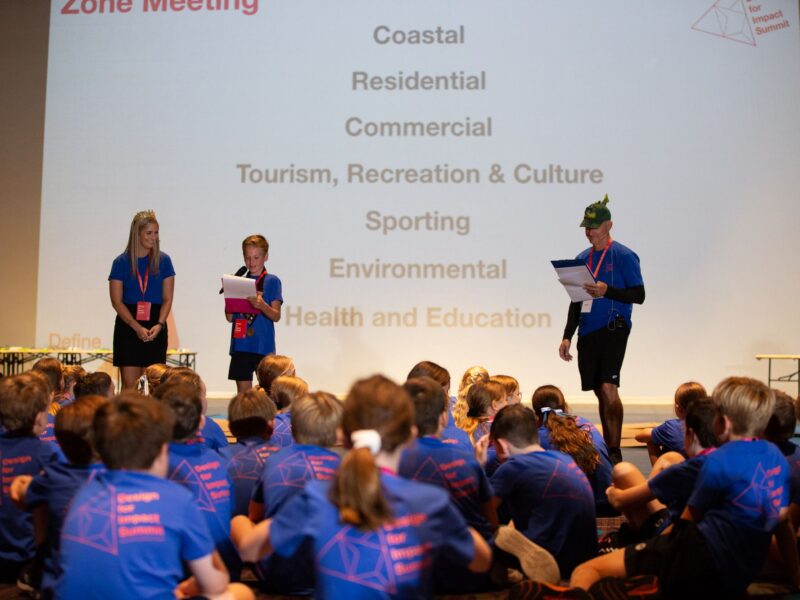
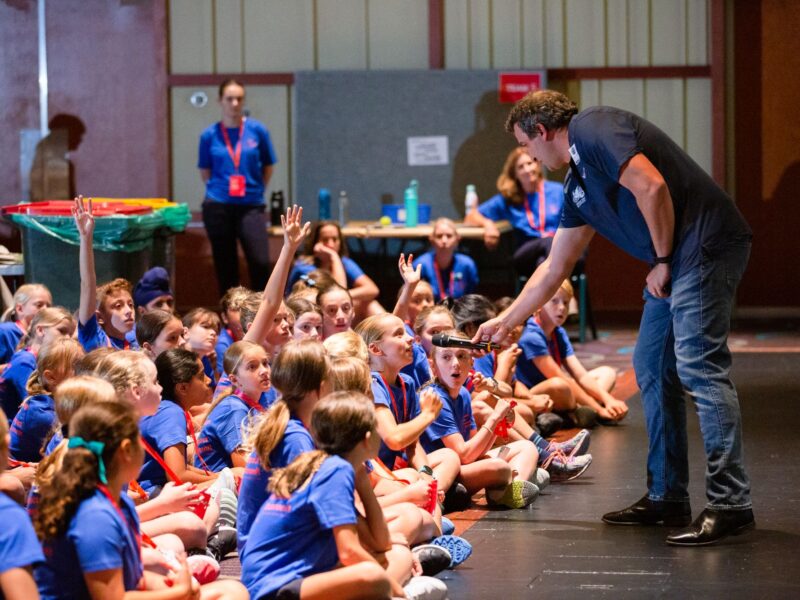
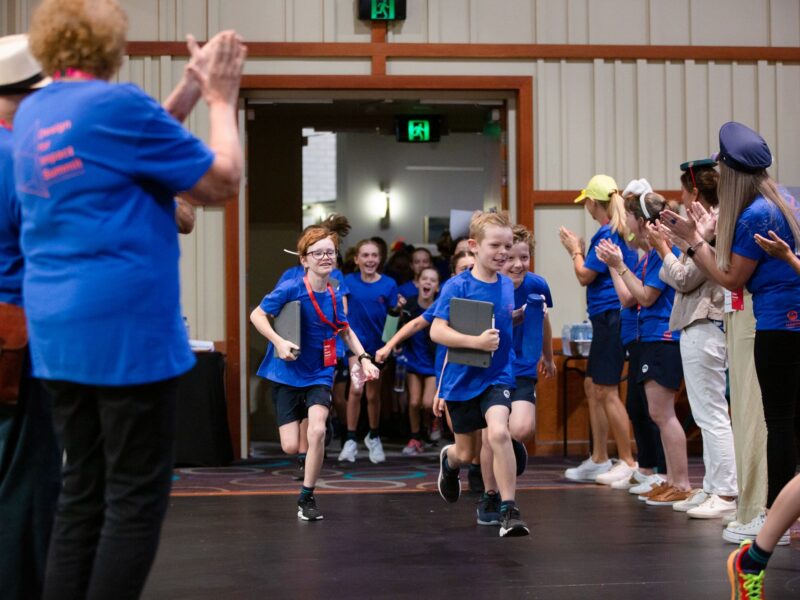
Developing an Entrepreneurial Generation
Head of Teaching and Learning, Mrs Debbie Planck said the Summit recognised that developing an entrepreneurial generation requires people with curiosity, creativity and empathy.
“We want to equip our students to be motivated young people,” Debbie said.
“Human-centred design thinking is so valuable because it gives students the essential skills and knowledge needed to turn their interests into actions by developing innovative solutions that contribute positively to society in an ever-changing world,” she said.
“This problem solving and innovating requires mindsets which embrace ambiguity, experimentation, radical collaboration and agency, which are exactly the perspectives we encourage our students to embrace throughout the Summit journey.”
Archie in Year 5 was The Hive ‘Mayor’ on Day One, and said the experience had been “great fun”.
“I think it's fun finding solutions and thinking out of the box. It’s hard to imagine how life will be in 2050 because we’ve already got so much now,” Archie said.
“But you need to think, how can we be more sustainable? How can we stop using fossil fuels?
“And how do we think of everyone in our future city, for example, to make it easy to get around for people who are disabled and may not be able to walk.”
The Challenge: Design Your Future ‘Hive’ 2050 City
To open the 2023 Design for Impact Summit on Tuesday, 18 April, the Manager of Environment and Sustainability Policy for the Sunshine Coast Council, Mr David Moore met with students to discuss the guiding principles of a biosphere, posing to students: "What is YOUR 2050?"
The newly-appointed student BiosHEROES then determined their roles, from conservation to inclusivity, economic opportunity, culture and heritage, and sustainability.
Also on board was Principal Architect in Urban Design and Architecture from the Sunshine Coast Council, Tony Holzberger who inspired students to think about what communities of the future will need.
Other guest speakers included Doctoral Researcher in Regenerative Futures, Kimberly Camrass who inspired students to consider what it takes to design a community of the future.
And Senior Architect in Urban Design and Architecture, Lisa Moore supported students as they discussed their design ideas.
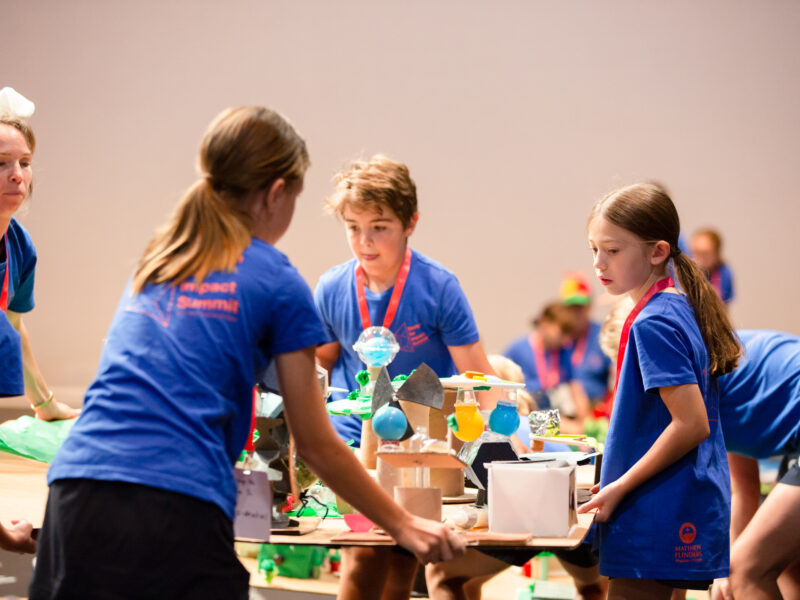
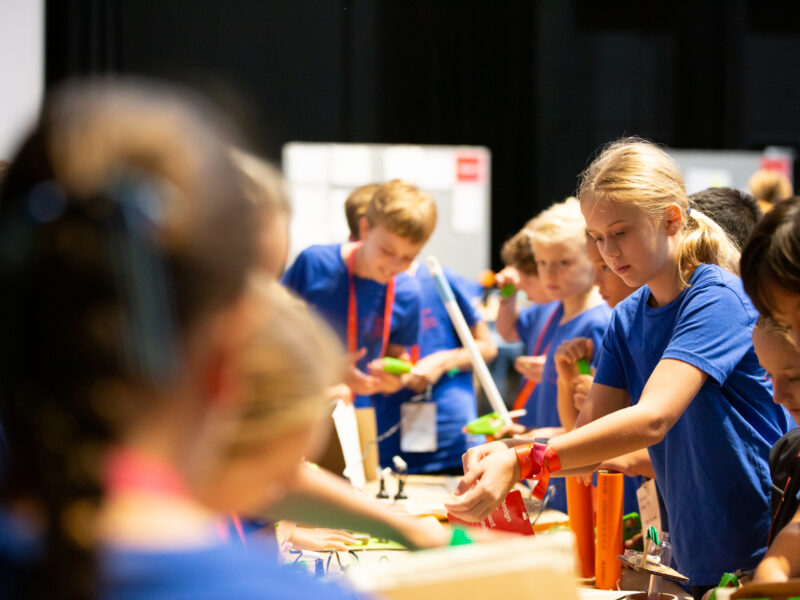
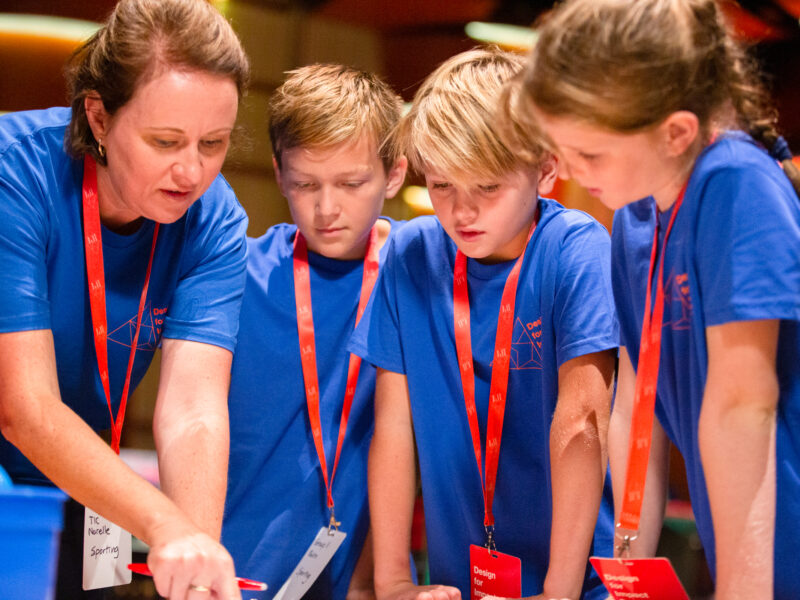
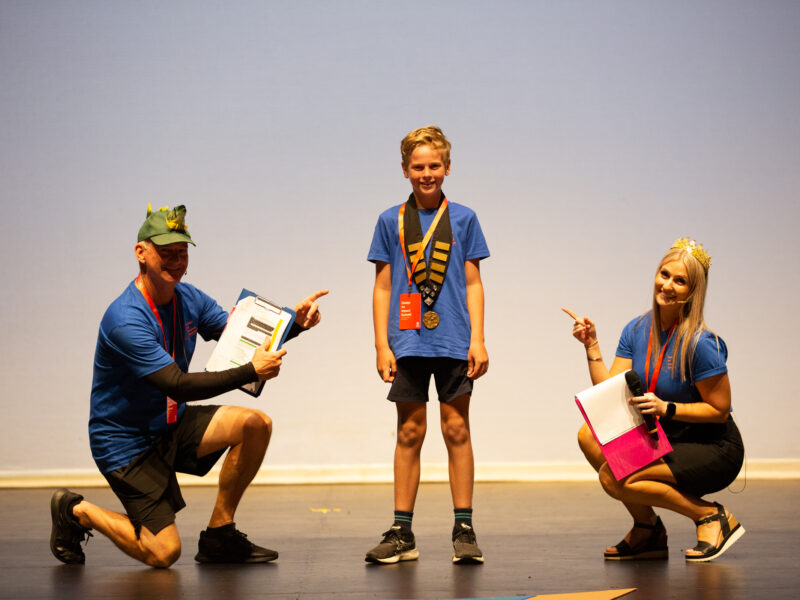
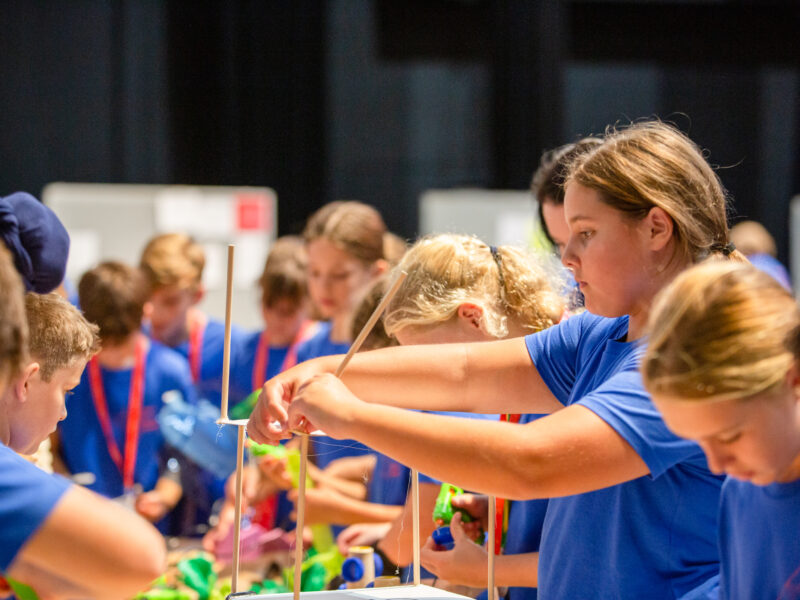
Also guiding the students were Flinders’ Head of Teaching and Learning, Mrs Debbie Planck, Teachers Miss Amy Cahill and Mr Marc Horton-Stephens and Mr Justin Hill, Head of Enterprise & Curiosity along with Flinders Primary teachers and support staff.
And then, the prototyping began!
Each student team was given a large-scale 3-D cardboard base cut-out of a different pocket of the Kawana Precinct as part of the greater community.
Students were provided with an abundance of recycled construction material - including cardboard, craft paper, sticky tape, glue guns, glitter and string - with which to build small-scale models of their ultimate community precinct.
Once the precincts were completed on the third day with 3-D design features, the pieces were fitted together to construct a large-scale model of the future Hive.
Students then pitched their city ideas to Mr Ted O’Brien MP, Federal Member for Fairfax and Flinders Principal, Mr Stuart Meade.
Mr O’Brien was impressed with the students’ thinking and ideas, and said, “I wish it could happen tomorrow because I'd love to go out and check it out!”
He then cut the ribbon to officially open The Hive at the grand opening ceremony.
What an amazing three days of design thinking!
